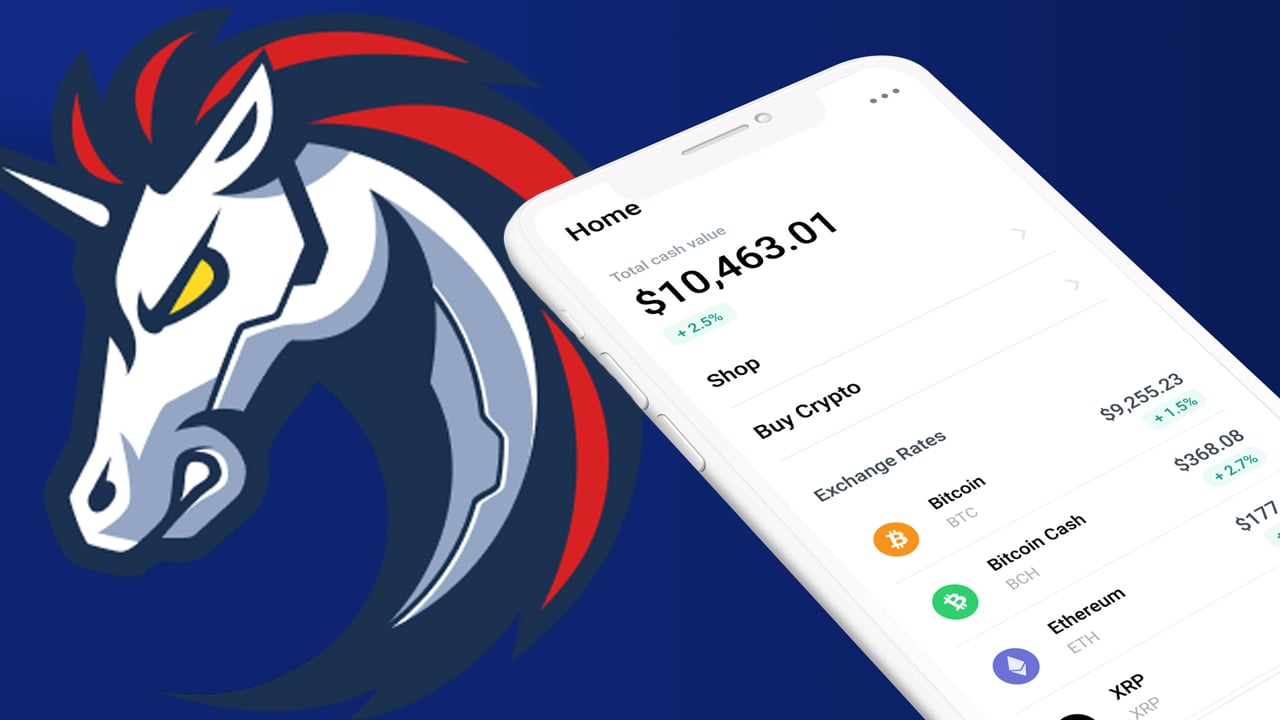
U.S.-based Web3 companies and cryptocurrency exchanges could be pushed offshore following enforcement actions against Coinbase and Binance.US.
The United States could risk an exodus of major Web3 and cryptocurrency service providers as the Securities and Exchange Commission (SEC) takes action against Coinbase and Binance.
Sergej Kunz, a co-founder of decentralized finance (DeFi) protocol 1inch Network, believes the SEC’s enforcement action against the two centralized exchanges could have a negative effect on the growth of Web3 in the United States.
Related: SEC lawsuits against Binance and Coinbase unify the crypto industry
Speaking to Cointelegraph during Money 20/20 in Amsterdam — a popular global fintech event focused on payments and financial service providers — Kunz highlighted his belief that regulatory uncertainty in the U.S. could hurt the industry:
“I would say the same as Brian Armstrong. It’s killing innovation in the United States. All the companies there are thinking of moving to another country.”
Kunz added that he had witnessed Coinbase’s CEO holding talks with United Arab Emirates delegates earlier this year, exploring the possibility of setting up shop in the Middle East. Within a few weeks, news broke that Coinbase is indeed looking to establish a base of operations in the UAE.
Events in the U.S. this week are in stark contrast to the experience at Money 20/20, where a plethora of household names in traditional finance, or TradFi, were interspersed with a handful of companies and service providers from the cryptocurrency and DeFi ecosystem, including Ripple and USD Coin (USDC) issuer Circle.

1inch Network, which has established itself as a notable DeFi aggregation protocol, also had a booth near the main entrance to the event. The company’s presence among so many TradFi players seems indicative of the latter’s growing interest in Web3.
Europe’s move to create solid regulatory standards for the cryptocurrency ecosystem through the Markets in Crypto-Assets (MiCA) regulations contrasts the lack of clarity across the Atlantic in the U.S., where Web3 firms and proponents continue to plead for a regulatory framework.
Related: 3 takeaways from the European Union’s MiCA regulation
Kunz said that while MiCA pertains more specifically to centralized exchanges, efforts to create frameworks for businesses to offer products and services across the continent have been positive for the wider Web3 ecosystem.
He also revealed that countries like Switzerland and the UAE have adopted an open-minded “how can we help” approach, putting them far ahead of the U.S. when it comes to DeFi regulations:
“They say, ‘How can we help you?’ If you have something that adds value, we can change the framework.”
Kunz said a major stumbling block for regulators is understanding how smart contracts and settlements work on blockchain systems. Players like 1inch have been communicating with regulators in the Middle East to adjust regulatory frameworks about DeFi-related products and services.
“When I do a keynote, I try to explain what is DeFi and Web3. How the settlement on smart contracts is more efficient than centralized settlement.“
Kunz added that events like the collapse of FTX indicate the risk for users of trusting a centralized party to hold their money or assets.
Magazine: Crypto regulation: Does SEC Chair Gary Gensler have the final say?







